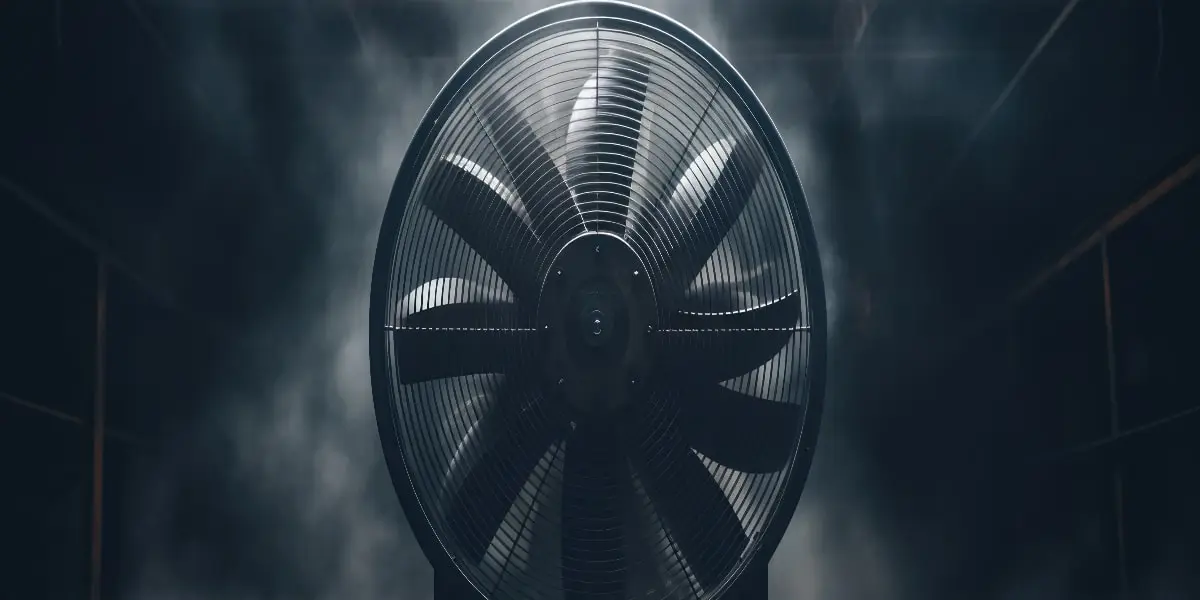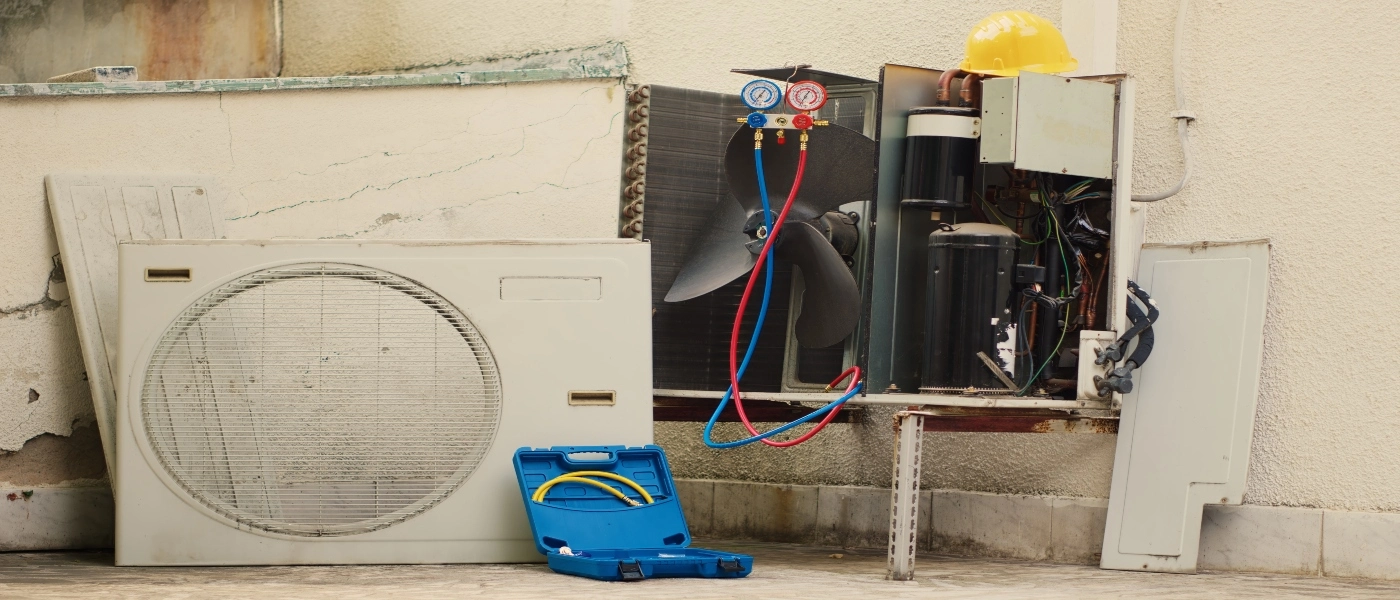
Kitchen Exhaust Grease Removal: Keeping Your Kitchen Clean and Safe
Grease buildup in kitchen exhaust systems is a common yet often overlooked issue. From homes to restaurants, grease accumulation can pose serious risks to both health and safety. In this article, we'll dive into effective methods for kitchen exhaust grease removal to ensure a clean and safe environment. Let's get started!
1. Understanding Grease Buildup
Grease, often produced during cooking, tends to accumulate in kitchen exhaust systems over time. It starts as a thin layer but can quickly become thick and sticky, posing fire hazards and health risks.
2. Dangers of Grease Buildup
Fire Hazard: Grease buildup is highly flammable and can ignite with just a spark, leading to devastating fires.
Health Risks: The grease can attract pests and bacteria, contributing to unsanitary conditions and food contamination.
3. Regular Cleaning
Prevention is Key: Regular cleaning of kitchen exhaust systems prevents grease buildup, reducing fire risks and maintaining hygiene.
Cleaning Schedule: Establish a routine for cleaning your kitchen exhaust system based on usage frequency and cooking methods.
4. Using Degreasers
Effective Solution: Degreasers are chemical agents designed to break down and dissolve grease, making cleaning more efficient.
Safety Precautions: Follow manufacturer instructions and safety guidelines when using degreasers to avoid accidents or damage.
5. DIY Cleaning Methods
Vinegar and Baking Soda: A natural and budget-friendly alternative, this mixture can help break down grease when applied and scrubbed thoroughly.
Hot Water and Soap: Simple yet effective, hot water combined with dish soap can loosen grease, facilitating its removal.
6. Professional Cleaning Services
Expertise Matters: Professional cleaning services have the knowledge, equipment, and experience to tackle tough grease buildup effectively.
Scheduled Maintenance: Consider hiring professionals for deep cleaning and maintenance of your kitchen exhaust system on a regular basis.
7. Importance of Ventilation
Proper Ventilation: Adequate ventilation ensures that grease and cooking odors are efficiently removed from the kitchen, reducing buildup in the exhaust system.
Vent Hood Maintenance: Regularly clean and inspect your vent hood to ensure optimal performance and airflow.
8. Preventive Maintenance
Inspecting Regularly: Conduct routine inspections of your kitchen exhaust system to detect any signs of grease buildup or damage early.
Replacing Filters: Replace or clean filters regularly to prevent grease accumulation and maintain airflow.
9. Safety Measures
Fire Extinguishers: Keep fire extinguishers accessible in the kitchen to respond quickly in case of a grease fire emergency.
Smoke Alarms: Install smoke alarms near the kitchen area to provide early warnings of potential fire hazards.
10. Conclusion
Ensuring proper kitchen exhaust grease removal is essential for maintaining a clean and safe cooking environment. By understanding the risks of grease buildup and implementing regular cleaning and maintenance practices, you can minimize hazards and protect your health and property.
Can I use household cleaners for kitchen exhaust grease removal?
While some household cleaners may be effective, it's essential to use products specifically designed for grease removal to ensure thorough cleaning and safety.
What are the signs of excessive grease buildup in my kitchen exhaust system?
Signs include visible grease accumulation, reduced airflow, foul odors, and increased cooking times due to poor ventilation.
Is grease buildup in kitchen exhaust systems a fire hazard?
Yes, grease buildup is highly flammable and can ignite easily, posing a significant fire hazard if not addressed promptly.
How can I prevent grease buildup in my kitchen exhaust system?
Regular cleaning, proper ventilation, and preventive maintenance are key to preventing grease buildup. Implementing these practices can help reduce risks and ensure a safe cooking environment.
By addressing these common questions, you'll have a better understanding of kitchen exhaust grease removal and how to keep your kitchen safe and clean. Remember, proactive maintenance and regular cleaning are crucial for minimizing risks and ensuring a healthy cooking environment.


